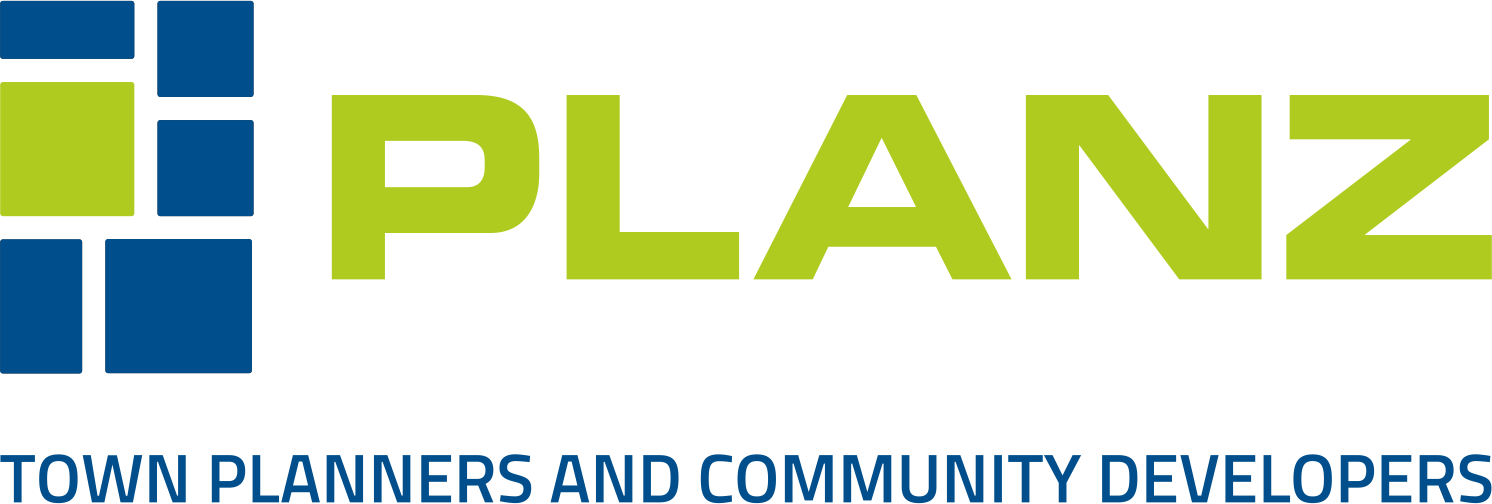Nikki Huddy’s search for the future of FNQ transport

The way we get around is getting old. For more than 100 years, we’ve had trains on tracks, buses on fixed routes, and cars on increasingly congested roads. And in much of Far North Queensland, it’s a long way to anywhere without your own vehicle. Nikki Huddy wants to change all that.
The Cairns town planner is about to start an international quest for new ideas to help get Queenslanders moving. Nikki has been awarded a Churchill Fellowship to research the latest in what’s called the “new mobility”, transport options created by technology and renewable energy. “It's basically anything that happened since 2010,” Nikki told Tropic Now.
“We got an app on our phone and all of a sudden it was easier to see when the bus was arriving, and it made it a bit easier to catch a bus. “Then we could download apps and book a bicycle or a scooter.
“But new mobility is now in its second and third or even fourth iteration, and we see really clever innovations. You can now create hubs for different transport modes like motorbikes or scooters and e-bikes. “You can put them at the end where the bus stop is, where the bus line ends, so that people can then go that last couple of miles to get to their job.”
So far, new mobility is very much a big-city phenomenon, but Nikki says it could transform lives in Cairns and the Far North. “We have a lot of people in our region who either have to catch an Uber to work, which is remarkably inefficient, or people who work in industrial estates who can't get there unless their boss picks them up.
“But where I'd really like to see new mobility is places like Yarrabah, Mareeba, or Mount Isa. Yarrabah community leaders at an E-mobility day in 2021. “Yarrabah is ten kilometres long and only about 600 meters wide, so you’re guaranteed to have to drive to get to the health care, the primary school, or the high school.
Transport is expensive. There isn't even a petrol station in Yarrabah, so it's a 60-kilometre round trip to fill your car with fuel. “The opportunity to put new mobility into a linear place that doesn't have a petrol station is amazing.”
The best new mobility models work with, and build on, existing public transport services, which are limited or non-existent in Far North Queensland. But Nikki says new mobility can succeed here. “It has the opportunity to leapfrog the traditional bus system and look at new ways to create transport in your community.
“It’s not all e-scooters. There's no need to panic about being overrun by abandoned purple scooters. “There's bicycles, cars these days. You can get mopeds, anything that you can unlock with an app, and you can drive it around and leave it where it is.
“The magic of the technology is in creating a whole-of-service app, where you can subscribe and have access to a range of transport. “With electric vehicles, we have an opportunity to start to put in cheap, renewable transport that you can put into places that don't really have a lot of money to run these things.”
Nikki has a passion for building communities, and she says transport is a key ingredient. “This is a great opportunity to give people something that's affordable and local and creates jobs. “I want to understand how to fund it. I would really like to make some connections with companies who are interested in working in regional Queensland.
“I want to invite them to participate in our communities and perhaps to a global trial, be one of the first regions. “I want to meet all of them. “It’s my intention to knock on the doors of everybody from the bicycle repair man to the CEO of Uber, to understand how they got to where they are and where they see it going.”
